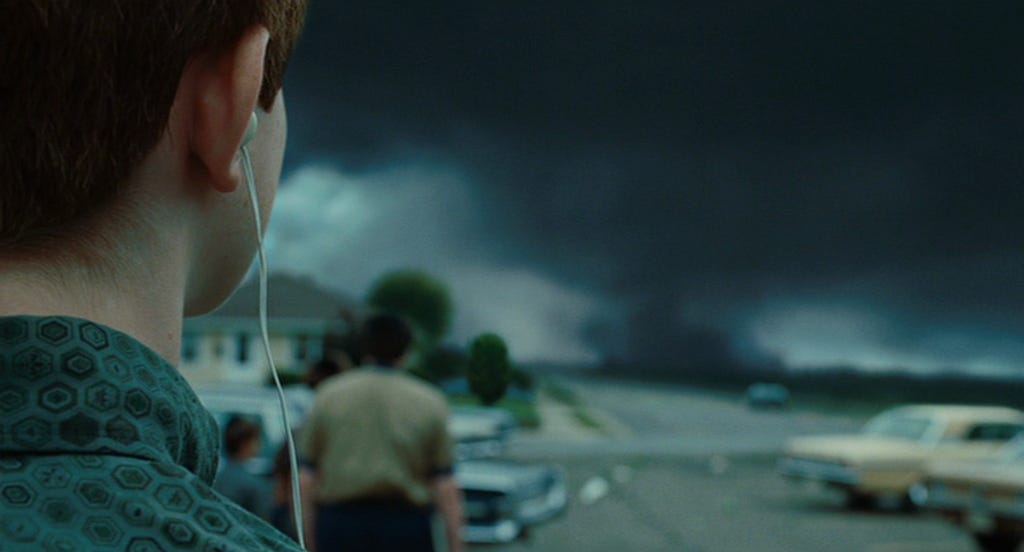What is Food, What is Poison
Most of what you learn from others needs to be taken with the proverbial grain of salt.
Whether it be a therapist, a parent, a spouse, a coach, or even a teacher — the suggestions offered must be taken as just that. So much information to work into the fabric of an ecology of practices.
More important is how the information is received within your own socio-internal influence matrix, and how it is then processed into a sense of a consistent and resilient self.
The data itself must then be tested via the voyage of individual experience. Whether you’re a libertarian or a socialist is completely irrelevant. People still go through variations on the same process — albeit to different degrees and in different shades. And even if one learns to adapt, survive, and thrive in one environment, a complete environmental shift might be right around the corner.
A Domicile of Self
I. True Self is No Self
As stated above, every experience of self occurs within a matrix of influence which captures an ever-changing dynamical system only in particular states at particular times. It is never a definitive characterization, nor is it ultimate. It is, at best, a necessary (and, thus, in some sense essential) attempt to represent a noteworthy aspect which carries the type of currency required for other (also dynamical) selves to interact in relation.
II. In Order to Thrive, One Must Exercise
The ecology of practices are necessary for our development of Ethos. Without a commitment to wanting to be better, to valuing states of being, the organism lapses into a variety of hedonism which draws it back to the poisons of before.
Because the environment is always shifting, the “Self” which houses “No Self” must be committed to identifying, isolating, and rejecting these contaminants in order to maintain functional structure.
We call this attenuation to the Good “Spirituality.” The practice of obtaining it is called “Religion.”
And So It Is We Prey
Consumption is necessary and essential, and without it we cannot exist. This does not rule out cooperation among, say, the same species. But it is important to recognize that in that cooperation the species is committing to consuming other things together.
This does not mean that we cannot harmoniously collaborate to mutually commit to a shared survival that fosters the regeneration of other, subsidiary prey. But it is and will continue to be the success of a consumptive dynamic.
And it will continue to depend equally upon our own fear of threat.






